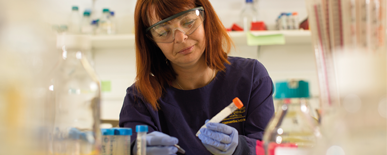Patient preferences, region linked to bowel cancer survival
Regional, rural and remote bowel cancer patients experience poorer survival rates and less optimal clinical management than those living in metro areas, new research by Cancer Council Queensland and University of Southern Queensland has found. The study, published in BMC Cancer, focused on a review of research papers from 1990 to 2016 and found individual…






